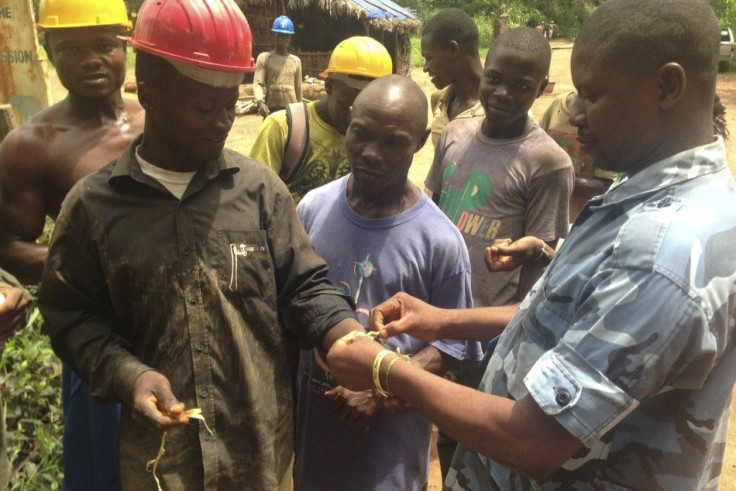2014 Ebola Outbreak: Sierra Leone Declares Emergency, Death Toll Now 729

West African nation Sierra Leone, which has been reeling from an Ebola virus outbreak since May, has declared a state of emergency. Police and military units have been instructed to quarantine the epicentres of the disease as the death toll reached 729 on Thursday.
The country has likewise banned public gatherings.
"Sierra Leone is in a great fight ... failure is not an option," Sierra Leone President Ernest Bai Koroma said in a televised address. He warned the country faces an extraordinary challenge from the disease.
Ebola has infected over 1,200 people in three West African countries, including Liberia, Sierra Leone and Guinea.
"Ebola is real, and we must stop its transmission," the president said.
On Thursday, the World Health Organisation has formally stepped into the fry to launch a $100 million emergency joint response plan with the three affected countries.
"The scale of the Ebola outbreak, and the persistent threat it poses, requires WHO and Guinea, Liberia and Sierra Leone to take the response to a new level, and this will require increased resources," WHO Director General Margaret Chan said.
Cancelling a planned trip to Washington for a U.S.-Africa summit next week, Mr Koroma said Ebola's social, economic, psychological and security implications require scaling up measures at international, national, inter-agency and community levels.
"The disease is beyond the scope of any one country, or community to defeat," he said.
Read: 2014 Ebola Outbreak: US CDC Issues Travel Advisory; Virus 'Dreadful and Merciless'
Among the steps Mr Koroma instituted included:
- Sealing off towns and homes where the disease is identified until they are cleared by medical teams.
- Restricting public meetings and gatherings.
- "Active surveillance and house-to-house searches" designed to trace Ebola victims and people who might have been exposed.
- New protocols for screening both arriving and departing passengers at the country's main airport.
The sweeping orders are in effect for the next 60 to 90 days.
Earlier, Liberian President Ellen Johnson Sirleaf ordered the closure of all schools and markets in her country. She likewise restricted public gatherings and instructed for the quarantine of communities heavily affected by the Ebola outbreak.
"It's a dire situation. The spread is overwhelming health workers and facilities. We need all the help and support we can get from the international community," the Guardian quoted Lewis Brown, Liberia's information minister. Security forces will quarantine communities for as long as necessary.
"It's an emergency, so we hope people will understand."





















